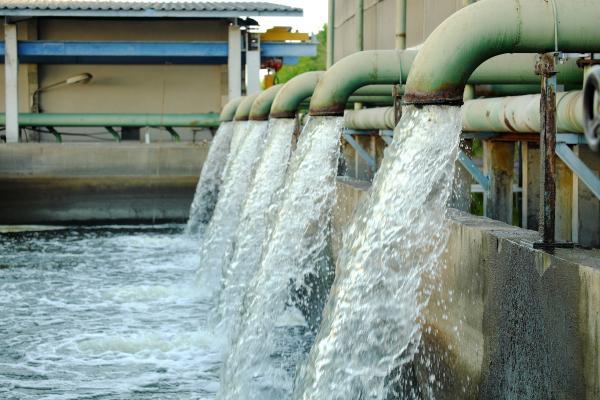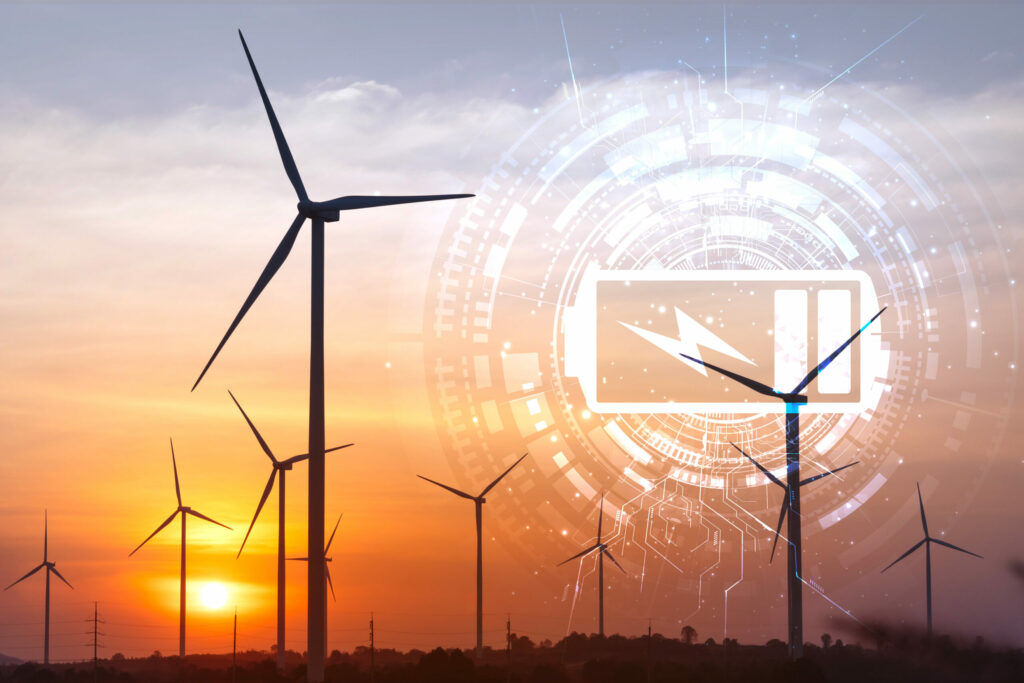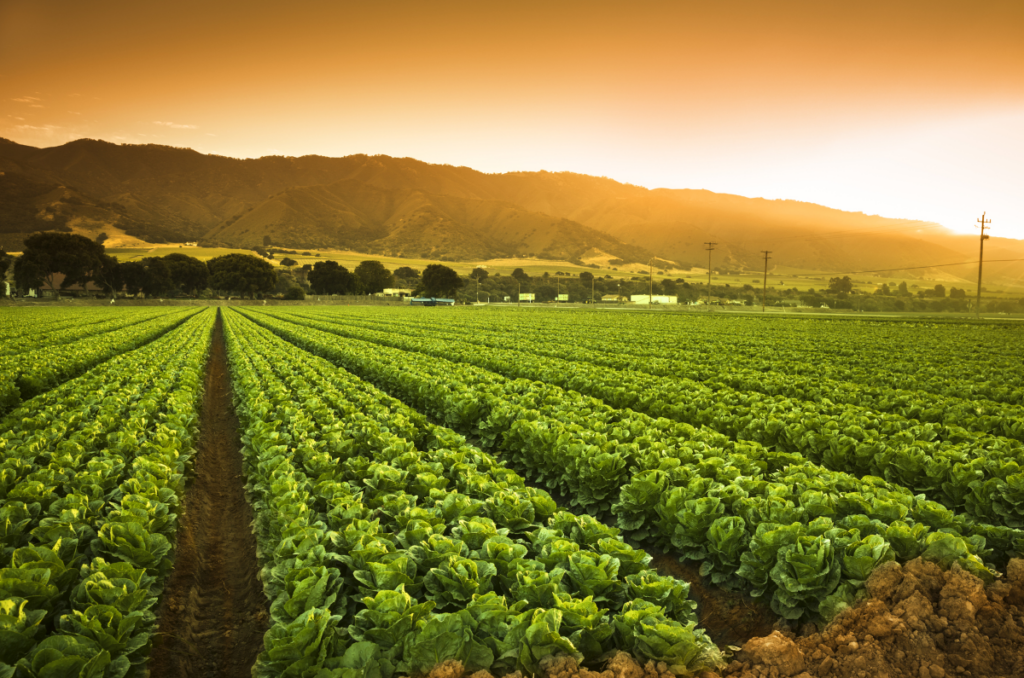The project development objective is to (i) increase access to climate resilient water services in selected river basins, and (ii) strengthen institutional capacities for climate resilient water management at local and national levels.The project will improve the coverage and quality of water supply, sanitation, and irrigation services, and strengthen capacity for improved integrated water resources management and of relevant service providers in selected river basins. At national level the project will increase institutional capacities for climate-resilient water management. With regards to the first part of the PDO, climate resilient water services are defined as water services that achieve coverage and quality standards despite possible climate risks (droughts, high temperature and extreme heat, urban looding and sewerage overflows, floods and mudflows). With regards to the second part of the PDO, climate-resilient water management is defined as the ability of water sector institutions at the local and national levels to prepare for disruptions and recover from shocks related to climate risks.




